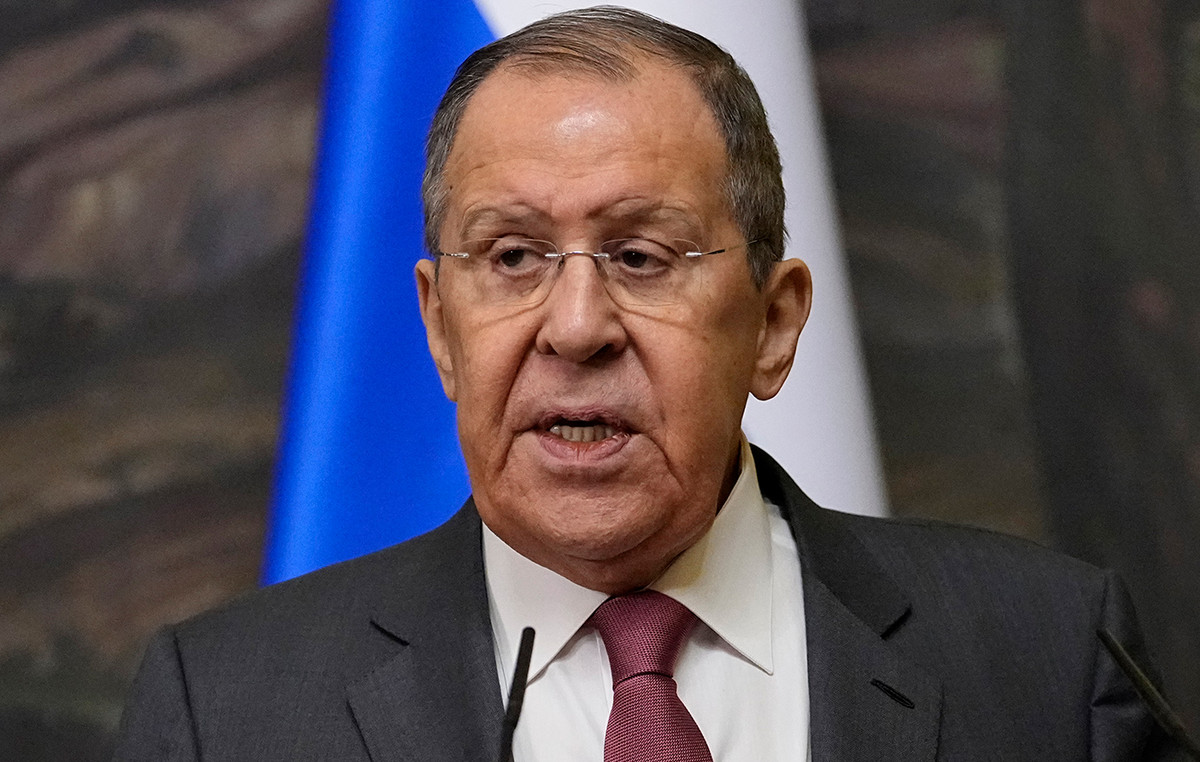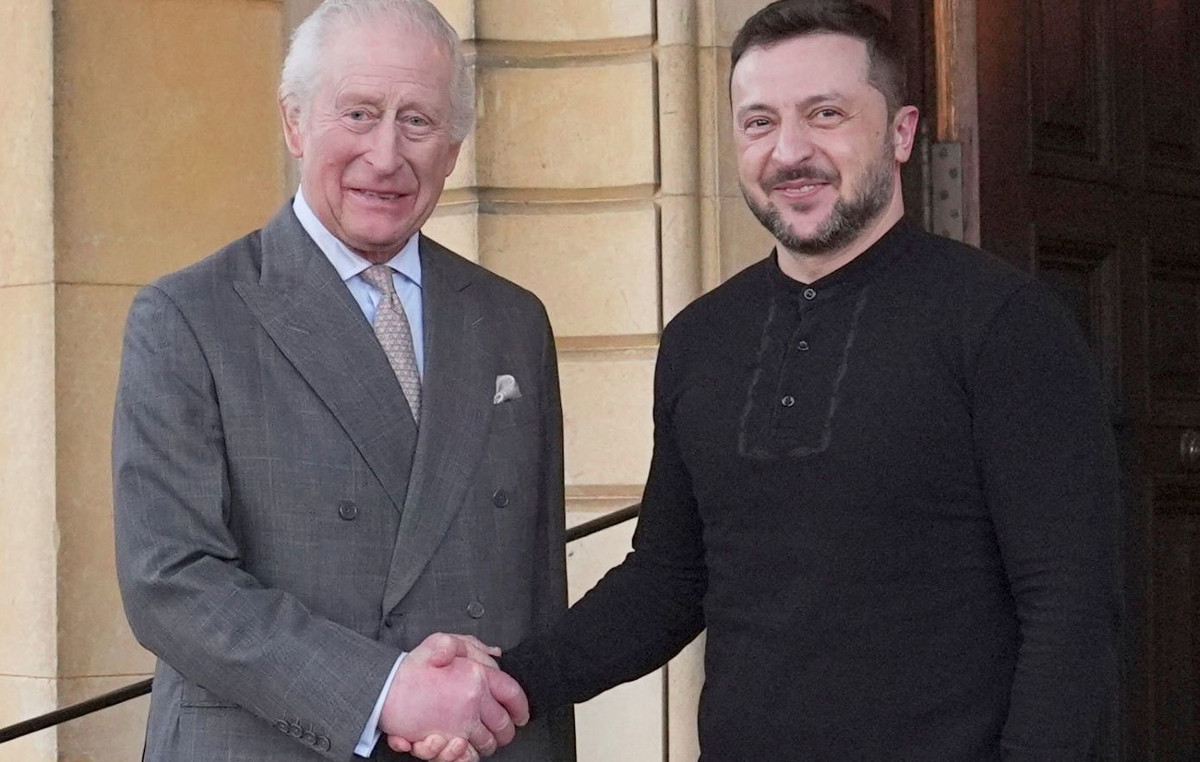That an active routine helps increase calorie burning is not new to anyone. But the benefits of workout for those who want to lose weight can go further. According to a study by Murdoch University in Australia, the exercises would also lead to a reduction in appetite.
Published in December in the scientific journal The Physiological Societythe research is small: it involved 11 young men, aged 20 to 24, sedentary and obese. They have undergone a series of evaluations to measure cholesterol levels, fat percentage and waist circumference. They also answered questionnaires about eating habits and physical activity.
After the measurements, the volunteers received a standard breakfast and waited for an hour for digestion. Then they underwent a physical activity test with a cycloergometer, a species of exercise bike. In this equipment, they made five minutes of heating and then received a stimulus load that increased every two minutes to exhaustion. Meanwhile, oxygen consumption, carbon dioxide production and volunteer heart rate were monitored.
The researchers found that, in response to muscle contraction, substances such as interleucine-6 and irisin, which control the appetite, were released and acted more intensely over approximately 40 minutes after training.
Although the number of study participants is small and the work is focused on a group of people with a specific profile, experts heard by the agency Einstein point out that these relevant results.
“Really the number of volunteers evaluated is very small, but the study brings interesting information about the factors regarding the influence of exercises on hunger and satiety and ratifies other works that have already demonstrated this relationship – which we can even prove in our clinical practice, especially when it comes to moderate aerobic exercises,” says Endocrinologist Deborah Beranger, Rio de Janeiro.
Endocrinologist Carlos André Minanni, medical coordinator of check-up and postgraduate degree in Endocrinology at Hospital Israelita Albert Einstein, highlights other research findings. “In fact, this study adds data relevant to the mechanisms by which physical activity modulates hunger, including hormonal changes, temperature raising and blood flow, and reduction of neuropeptide Y (NPY), a well -known appetite stimulant in the nervous system,” he says.
However, more studies are needed to understand how these results apply to the general population. “The effects are varied depending on the type of exercise, duration, intensity, prior conditioning, genetics and food of the person, among other factors,” says Minanni.
This content was originally published in practicing physical activity helps to control the appetite, stresses study on the CNN Brazil website.
Source: CNN Brasil
I am an experienced journalist and writer with a career in the news industry. My focus is on covering Top News stories for World Stock Market, where I provide comprehensive analysis and commentary on markets around the world. I have expertise in writing both long-form articles and shorter pieces that deliver timely, relevant updates to readers.







